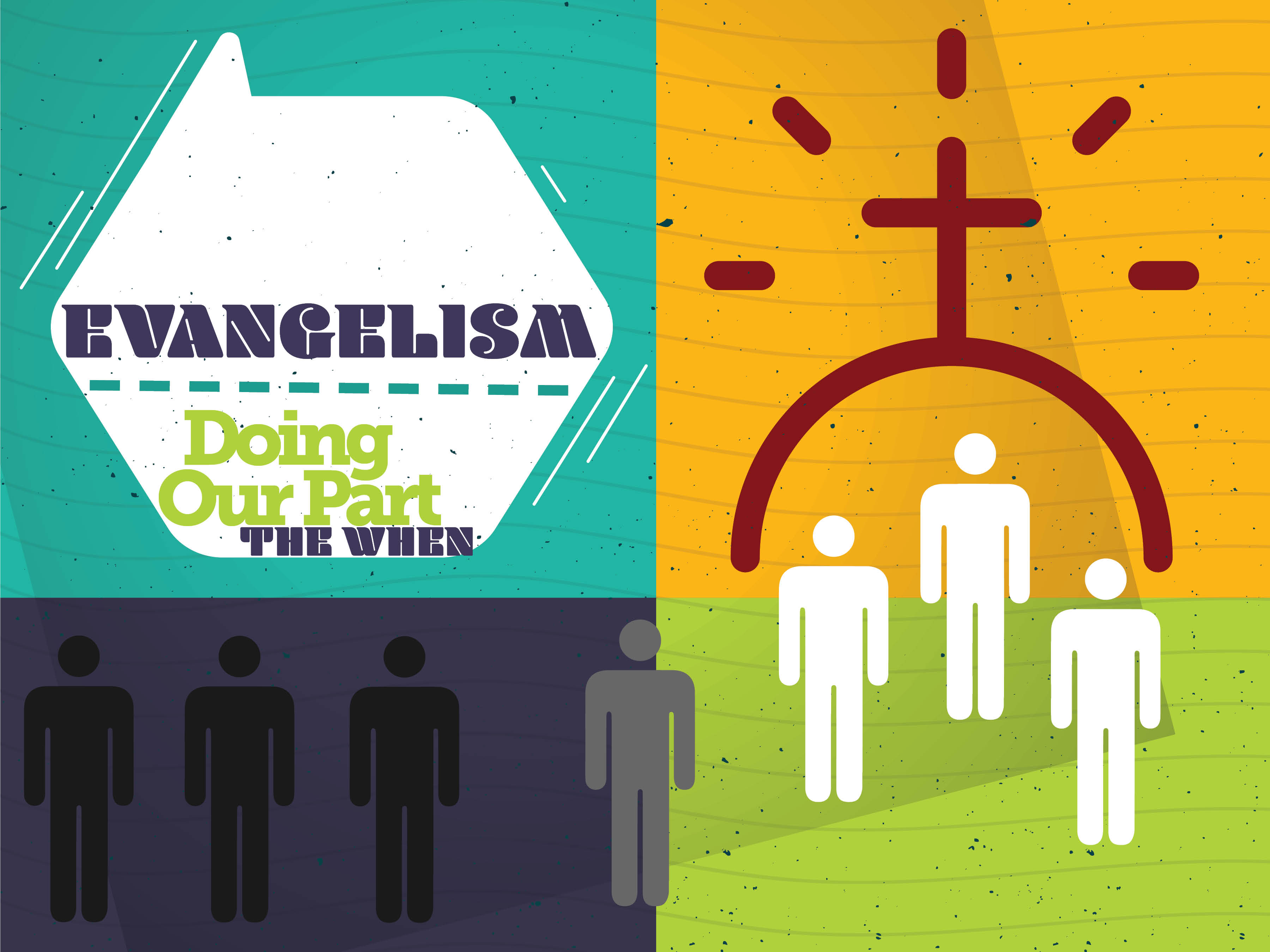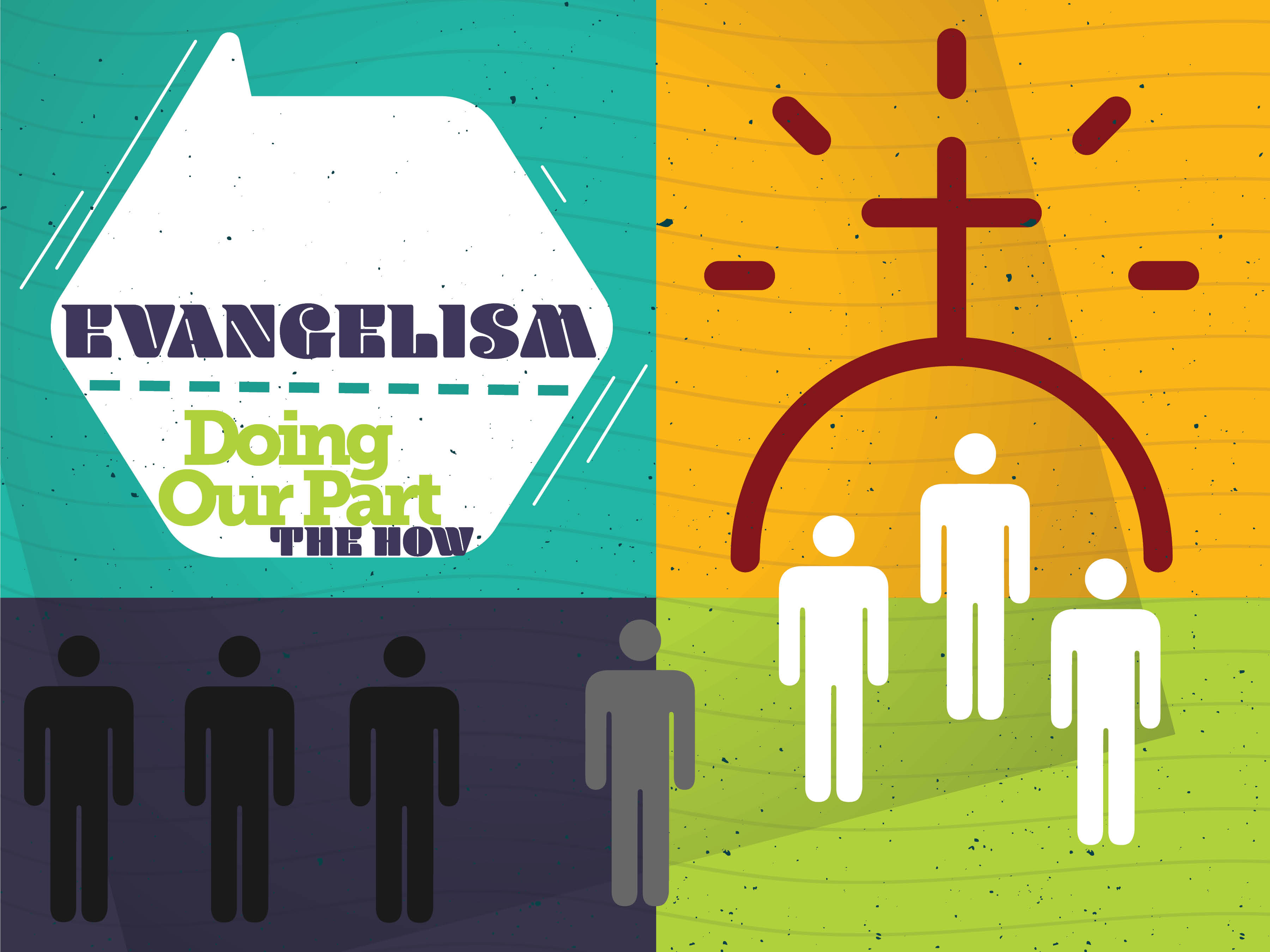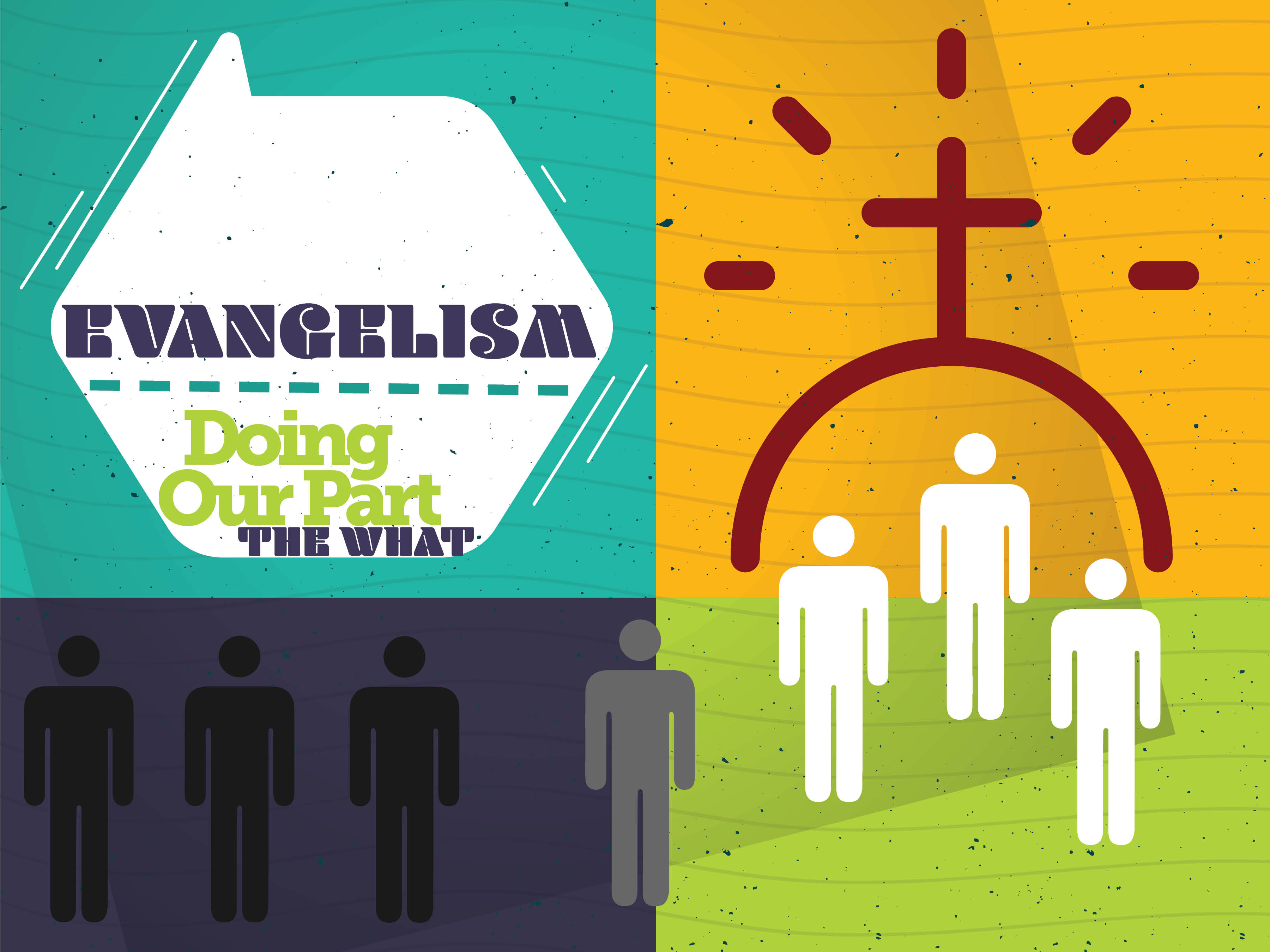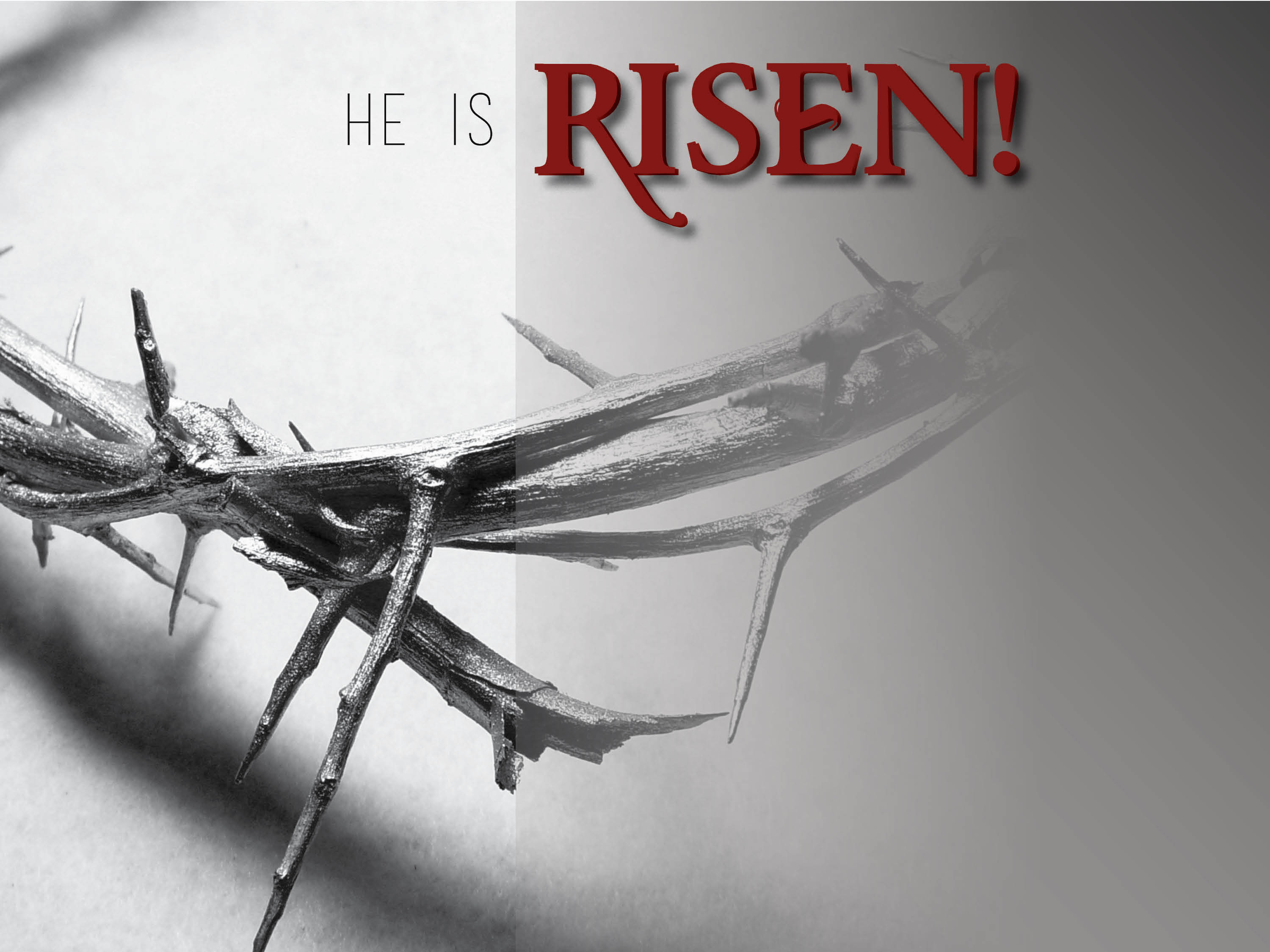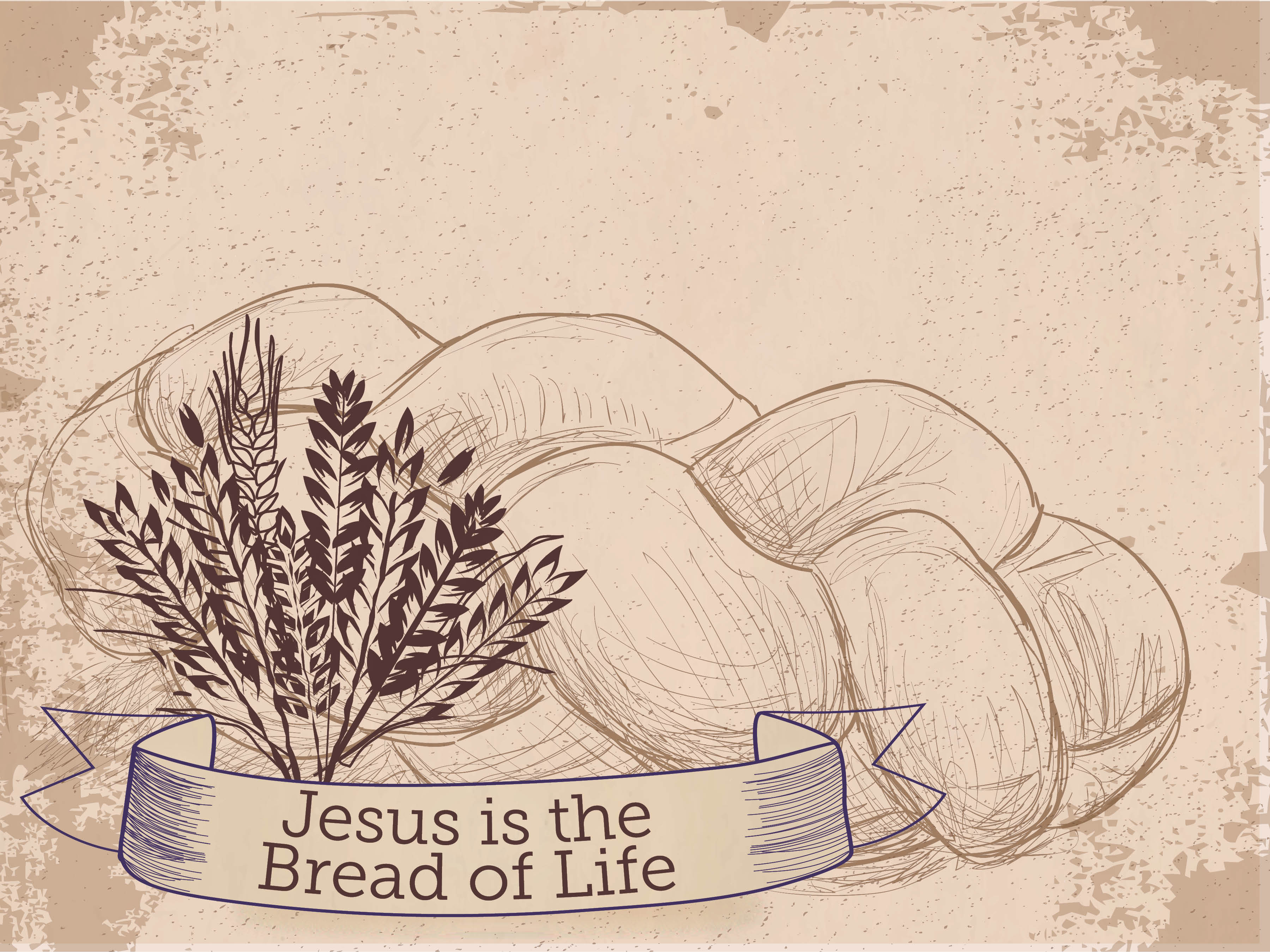
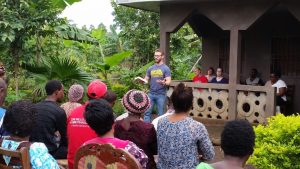

Matthew 24: 3-14
This past week, our small mission team returned from the town of Buea Cameroon. For most of our team, this was not the first mission trip to Africa, although it was our first mission trip to the country of Cameroon.
As the mission team comes back and shares stories it is both inspiring and challenging. But how does it affect your life? How does our church sending a mission team to Cameroon affect you in your day to day life?
Jesus speaking to his disciples on the Mount of Olives in Matthew 24, makes it clear that we are all in this together. The mission that we are called to does not apply to a select few, rather we are challenged by Jesus to be involved and not to grow cold in our efforts to share the Gospel.
In Cameroon we experienced a nation that seems chaotic and one filled with corruption at all levels. Poverty is everywhere to be seen and making a living in Cameroon is exceptionally hard, requiring most people to work much harder than the average American just to bring home enough money for some rice and beans.
This past week we were once again reminded of the rise of evil in the world as we saw the news about terror attacks in Istanbul, Serbia, Bangladesh and Baghdad. The truth is that as Jesus warned us in verse 12, there will be an increase in wickedness. The world seems to be spiraling downwards as all around us we see the wickedness and the depravity of man. Verse 12 goes on to give a dire warning that the love of most will grow cold as a result of the increase of wickedness. What a sobering thought to meditate on.
As we see evil on the rise in the world, it does affect all of us, whether directly or indirectly. If we don’t know where we stand before God and we don’t have a personal relationship with Jesus Christ, if you attend church simply because it is a social gathering or a place to go to because of tradition – you are in real danger. In order to avoid growing cold and falling away we need to completely give every aspect of our lives to the lordship of Jesus Christ.
But Jesus gives a word of encouragement in verse 13; “but the one who stands firm to the end will be saved. “ I want to be one of those who stands firm, and is not given to discouragement. God commissioned Joshua in Joshua 1:9 with those well-known words; “Have I not commanded you? Be strong and courageous. Do not be afraid; do not be discouraged, for the Lord your God will be with you wherever you go.” Why would God warn Joshua not to be discouraged? Because God knew that he would face discouragement and we too are prone to discouragement. As we look at the world around us, we will easily be discouraged. But the truth of the promise given to Joshua is that Jesus gave us the same promise in the Great Commission in Matthew 28, where he promised to be with us to the very end of the age.
Looking to the next verse Jesus goes on to say; “And this gospel of the kingdom will be preached in the whole world as a testimony to all nations, and then the end will come.”
This Gospel, this good news of Jesus coming to the earth to provide way of reconciliation with God. Must be preached in the whole world. In Cameroon there are 278 people groups, not all of them have heard the Gospel, our mission is not complete, there is still work to be done. Here in Kansas City, there are people who have never heard the Gospel message, there is still work to be done.
Our job is not done until Jesus comes back again. That should be our primary focus in life.
Over the next three weeks we have a mission teams coming to serve and share the gospel in our community. On Monday we served our community as we welcomed our neighbors to watch the fireworks from our hilltop location. Our friends from Team Xtreme and other ministries to helped to provide opportunities for people to respond to the Good News. And we had three young men who responded to the Gospel presentation.
In two weeks time, we will be holding our annual VBS, again we will intentionally be sharing the Good News with the children who come and their parents.
All these events and teams are good and energizing, but for us to be a church on mission, doing what God has called us to do, we must not simply hold events, programs, or even send international mission teams, we need to be a people who are daily on mission. Daily, individually asking God to use us. Daily pray that God will bring people to us that He wants to touch.
What a privilege we have to be part of the mission of God. Developing a lifestyle of Gospel ministry in our homes, in our workplaces, in our communities. This is how we can ensure that we will stand firm to the end. And to hear those words of Jesus that he said as he told the parable of the 3 servants in Matthew 25; “well done good and faithful servant.”

